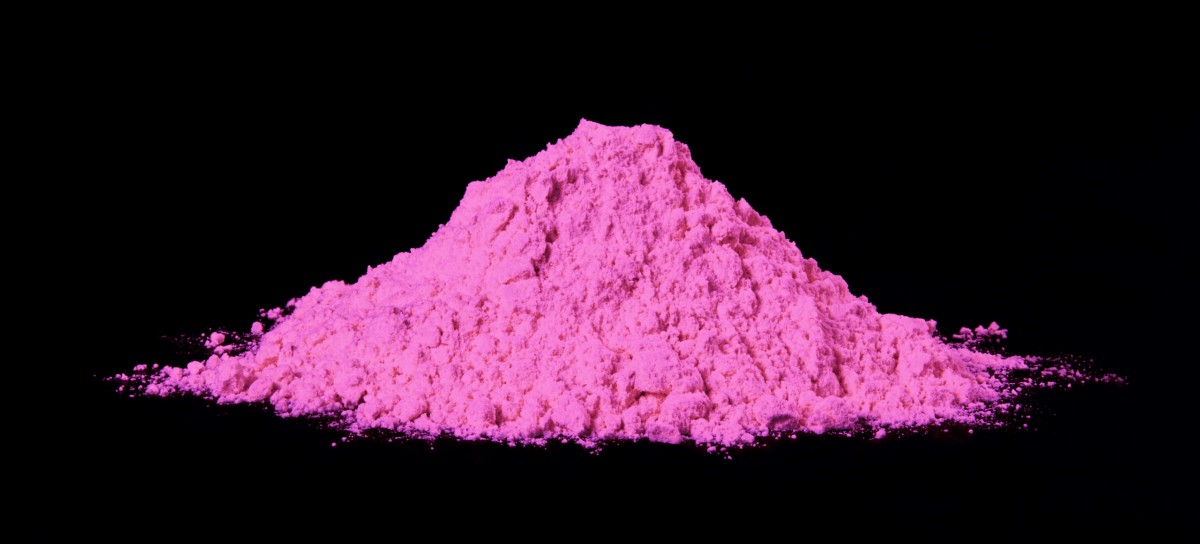Understanding Addictive Thinking—and How to Overcome It
December 23, 2025
Addiction isn’t just a physical dependence on a substance—it’s also a mental battle. Addictive thinking refers to the distorted thought patterns that fuel substance use and make recovery challenging. These thoughts can lead to denial, justification, or self-destructive behavior, preventing individuals from breaking free from the cycle of addiction. At BriteLife Recovery, we help individuals recognize these harmful thought patterns and replace them with healthier, more constructive ways of thinking.
What Is Addictive Thinking?
Addictive thinking is a pattern of irrational or negative thoughts that keep individuals trapped in addiction. These thoughts often distort reality, making it easier for someone to justify their substance use or avoid taking responsibility for their actions. Addictive thinking can manifest in different ways, such as denial, blame, minimization, or all-or-nothing thinking.
Recognizing these patterns is the first step toward changing them and building a mindset that supports long-term recovery.
Common Types of Addictive Thinking
Denial:
1. “I don’t have a problem.”
Denial is a defense mechanism that prevents individuals from admitting they need help. It allows them to continue their substance use without confronting the consequences.
Justification:
2. “I only drink after work, so it’s not a big deal.”
People struggling with addiction often justify their behaviors by creating excuses that make their actions seem acceptable.
Blame-Shifting:
3. “If my job wasn’t so stressful, I wouldn’t need to use.”
This mindset shifts responsibility away from the individual, making it easier to avoid accountability.
All-or-Nothing Thinking:
4. “If I relapse, I might as well give up on recovery.”
This extreme way of thinking ignores progress and growth, making setbacks feel like complete failures.
Hopelessness:
5. “I’ll never be able to stay sober, so why even try?”
Addiction can create feelings of helplessness, convincing individuals that change isn’t possible.
How to Overcome Addictive Thinking
Breaking free from addictive thinking requires self-awareness, commitment, and support. Here are some effective strategies:
1. Identify and Challenge Negative Thoughts
Start by recognizing when addictive thoughts arise. Write them down and challenge their validity. Ask yourself:
Is this thought based on facts or assumptions?
Would I say this to a friend in my situation?
What’s a healthier way to reframe this thought?
Replacing negative thoughts with realistic, positive alternatives helps shift perspective.
2. Practice Mindfulness and Self-Awareness
Mindfulness helps individuals stay present and avoid getting caught up in destructive thought patterns. Practices like meditation, deep breathing, and journaling can improve self-awareness and help break automatic negative thinking.
3. Seek Professional Support
Therapy and addiction treatment programs provide structured guidance to help individuals recognize and change addictive thought patterns. Cognitive Behavioral Therapy (CBT) is especially effective in helping rewire negative thinking.
4. Build a Strong Support System
Surrounding yourself with positive influences—whether through support groups, family, or sober friends—can reinforce healthy thinking patterns. Encouragement from others helps combat feelings of isolation and self-doubt.
5. Focus on Progress, Not Perfection
Recovery is a journey, not a straight line. It’s important to celebrate small victories and recognize that setbacks don’t erase progress. Learning from challenges instead of letting them fuel negative thinking is key to long-term sobriety.
